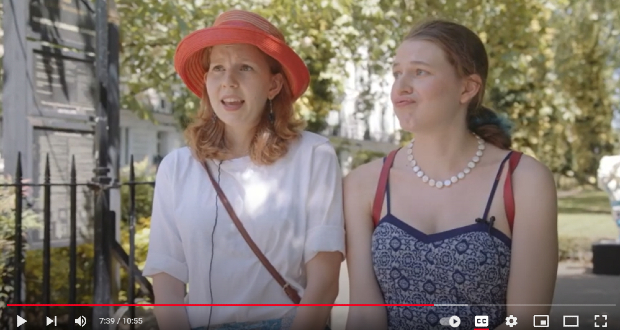
The vox pop study, carried out by the Bio-based and Biodegradable Industries Association (BBIA), provides insights into public perception of bioplastics and compostable packaging, and people’s attitude to sustainable packaging.
The interviews, which were conducted as part of the Bio-Based Industries Joint Undertaking (BBI-JU)-funded Usable Packaging project, illustrate clear confusion with the current labelling system for plastic packaging.
All respondents claimed that the logos were confusing, with the majority suggesting that they lack the information they need when it comes to disposing of the packaging.
Whilst the recyclable and no littering symbols were well recognised, with over 90% correctly identifying them, only 10% of those asked were able to name the compostable label.
People’s understanding of relevant terminology was also mixed. The majority of those interviewed had a clear view of what compostable meant, despite failing to correctly identify the label. However, when questioned on what should be done with compostable packaging after use, half of them were unsure.
The interviews suggest that the concept of plant-based plastics is even less familiar to the British general public. Almost no one could successfully describe what a bioplastic was, although some recognised that the concept sounded positive.
The consumers who were interviewed are making a conscious effort to embrace sustainability in their shopping habits, with 65% of them saying they’d be put off buying a product if the packaging wasn’t environmentally friendly. Most people also claimed they would pay more for sustainable packaging.
However, there are limits to the lengths they would be willing to go to in order to adopt a more sustainable behaviour. For example, some shoppers noted that they would only pay a small amount extra for eco-friendly packaging. Others claimed that they would need clear assurance of what ‘good’ the packaging is doing before parting with any additional cash.
While most respondents were attempting to make more sustainable choices, 100% agreed that they could do more to live in an environmentally friendly way, citing cost, time, and inspiration as the main barriers to making these changes.
Consumers also suggested that more consistent and clear information is needed to help guide their decisions. Currently, Google, Greenpeace and the government website are the sources most commonly relied upon for information on packaging, plastics, and sustainable alternatives. However, the respondents believe that organisations including the government, the media, and packaging companies themselves should be doing more to educate shoppers, with a number suggesting that the responsibility shouldn’t lie with consumers themselves.
Usable packaging project co-ordinator Prof José Maria Lagarón, of the Consejo Superior de Investigaciones Cientificas (CSIC), said: “The research gives valuable insight into people’s attitudes to packaging and the challenges facing consumers today. The interviews demonstrate that the current system is really confusing, and that people need more clear and consistent information to guide their choices.
“The British public are keen to try to do their bit when it comes to the environment. However, it needs to be quick and easy, with many believing that the primary responsibility lies with the Government to enable this change. Clearly, more needs to be done and this only reinforces the commitment of all partners in the Usable Packaging project to create truly sustainable packaging solutions for the future.”






